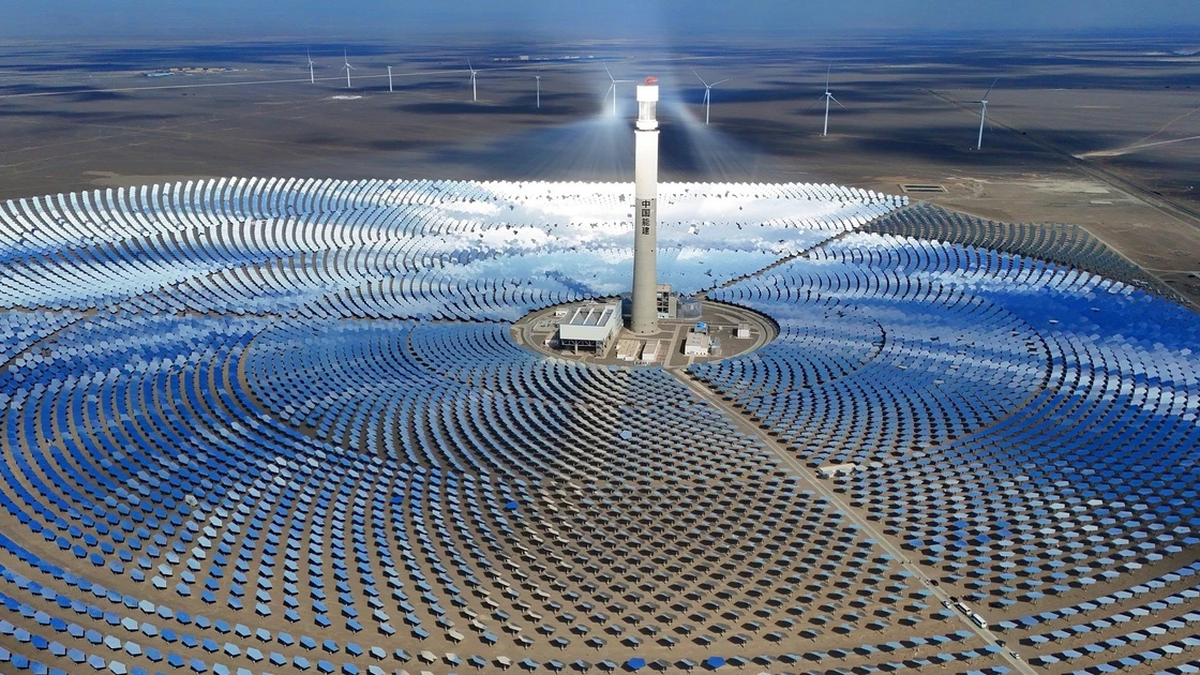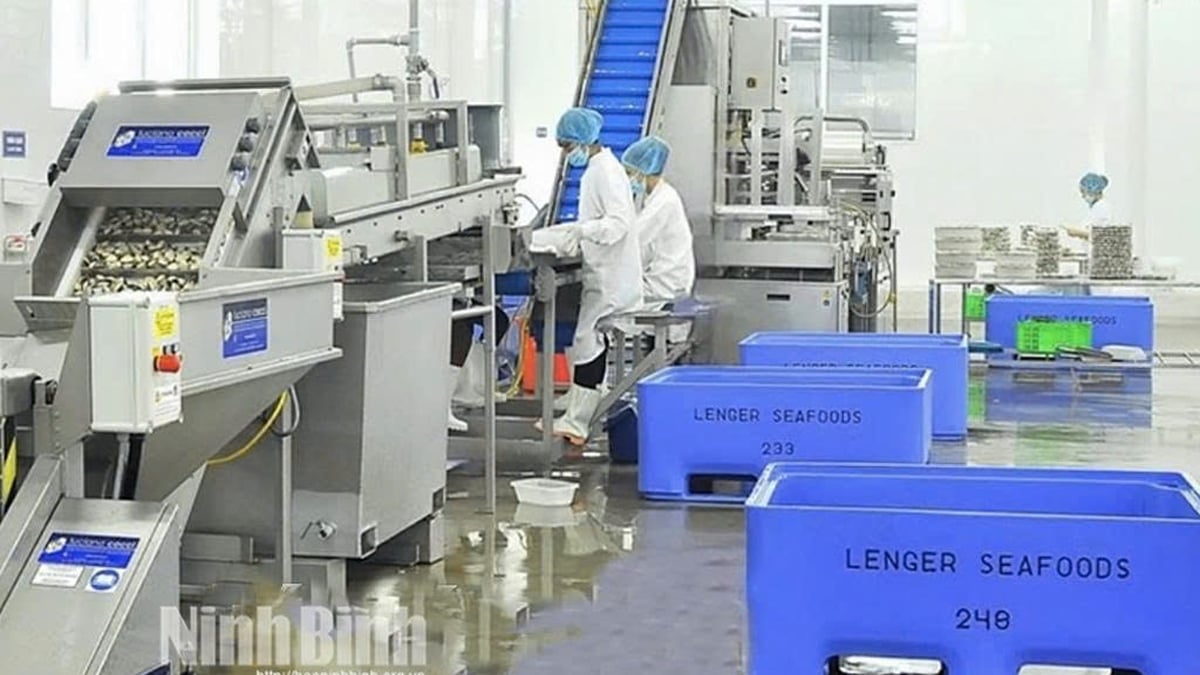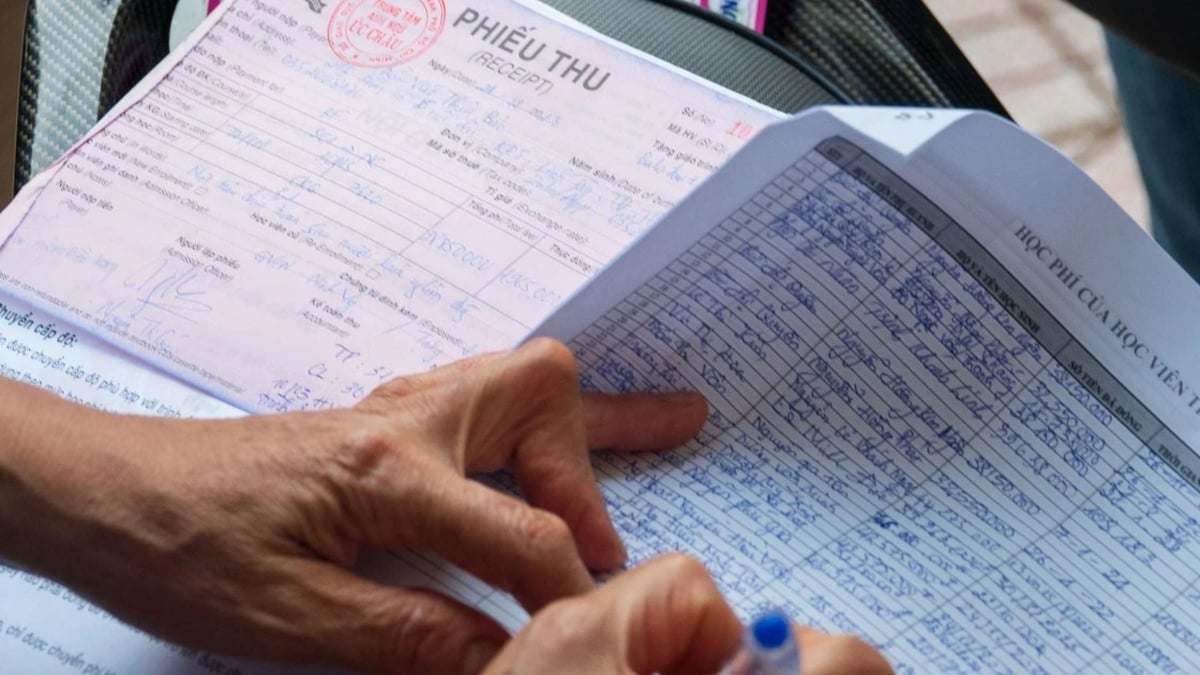Glomerulonephritis, if not treated promptly, can lead to complications of high blood pressure, nephrotic syndrome, acute renal failure, requiring dialysis or kidney transplant to sustain life.
Glomerulonephritis occurs when the glomeruli and blood vessels in the kidneys become inflamed. The disease directly affects the body's ability to filter urine and waste. Acute glomerulonephritis reduces the body's ability to excrete salt and water, leading to fluid overload in the body. At the same time, ischemic kidney damage causes the body's blood pressure regulation system to work too hard, leading to high blood pressure.
Dr. Mai Thi Hien, Senior Physician, Deputy Head of the Department of Urology - Andrology and Nephrology, Tam Anh General Hospital , Hanoi, said that when suffering from glomerulonephritis, waste and toxins accumulate in the blood, reducing the ability to regulate minerals and nutrients, causing loss of protein in the blood... The disease not only reduces the quality of life but can also lead to many dangerous complications.
High blood pressure
The kidneys receive about 25% of the blood flow from the heart, so when the kidneys are damaged, their ability to filter and excrete urine is reduced, and toxins in people with glomerulonephritis are reduced, causing water to accumulate in the body, increasing blood pressure. This condition accounts for about 60% of cases of acute glomerulonephritis. When high blood pressure occurs, the pressure in the glomerulus increases, causing further damage to the kidneys. In addition, high blood pressure can lead to damage to the arteries and veins in all organs, increasing the risk of stroke, heart attack, aneurysm, heart failure, etc.

High blood pressure due to glomerulonephritis can lead to heart attack and stroke. Photo: Freepik .
Nephrotic syndrome
Dr. Hien said that normally the glomerular filtration membrane does not allow large molecules such as protein to pass through. However, when acute glomerulonephritis occurs, the glomerular filtration membrane becomes inflamed and damaged, causing protein to leak, leading to nephrotic syndrome. This condition causes the body to lose large amounts of protein through urine (also known as proteinuria), increasing the risk of blood clots forming in the arteries and veins, which is dangerous to health.
Acute renal failure
Glomerulonephritis accounts for 10% of the causes of acute renal failure. Acute renal failure is a condition of sudden decline in kidney function, often occurring in rapidly progressive glomerulonephritis, post-streptococcal glomerulonephritis, mesangial proliferative glomerulonephritis, lupus nephritis... The disease causes fatigue, weakness, edema, skin rash and itching, difficulty breathing, changes in urination habits...
If not detected early and treated promptly and properly, acute renal failure can easily progress to chronic renal failure and end-stage renal failure. At this point, the patient may experience renal failure disorders such as fluid overload, high blood urea syndrome, hyperkalemia, metabolic acidosis, anemia, heart disease, etc., causing difficulties in treatment and even life-threatening if not treated with dialysis or kidney transplantation.
Chronic kidney disease
Prolonged untreated or recurrent inflammation or damage to the kidneys can cause kidney function to decline, leading to chronic kidney disease. The disease can affect almost every part of the body, such as water retention causing swelling of the limbs, high blood pressure, pulmonary edema; hyperkalemia causing cardiac arrest, increasing the risk of cardiovascular disease; weak bones, increasing the risk of fractures; anemia;... People with chronic kidney failure for a long time can develop renal fibrosis. When the damage cannot be restored, the patient needs dialysis or a kidney transplant to maintain life.
According to Dr. Hien, acute glomerulonephritis can be cured after 4-6 weeks. However, if not detected and treated properly, it can easily lead to complications with complicated treatment regimens and long treatment times, not only affecting physical health but also causing high costs, increasing financial pressure, hindering work, and affecting the patient's mental health.
Therefore, Dr. Hien advises that everyone should listen to their body to recognize unusual symptoms. Depending on the type of glomerulonephritis, the disease will manifest different symptoms. If there is edema due to water retention in the ankles, face or whole body; frequent urination at night, bloody urine, foamy urine; high blood pressure; loss of appetite, indigestion; nausea and vomiting; cramps; shortness of breath and cough; severe pain in the upper back behind the ribs, the patient needs to see a doctor immediately for examination and timely treatment.
Patients need to comply with the treatment regimen, combine appropriate nutrition with disease symptoms and condition to minimize complications.
Trinh Mai
Source link







































































































Comment (0)